2025 Coastal Lecture Series
Explore captivating topics like leatherback sea turtles, the health of Lake Okeechobee, conserving the Indian River Lagoon, climate change, and groundbreaking scientific research happening right here in our region.
These free lectures will take place every Tuesday night from January 21 to March 11 at 6:30 p.m at the Blake Library in Stuart. Prefer to tune in from home? We’ve got you covered— each lecture will also be simulcast live via Zoom.
How to Attend
In Person at the Blake Library:
-
Registration is not required, but seating is limited.
- We recommend arriving 15–20 minutes early to secure your spot.
Virtually via Zoom:
- Registration is required for online attendance.
- Sign up for each lecture individually using the registration links below.
For questions, please contact Dr. Zack Jud, Director of Education & Exhibits, at zjud@floridaocean.org.
This Year's Lineup
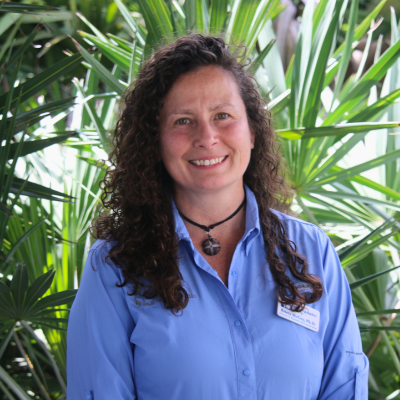
January 21, 2025
Integrating "One Health" and Ecological Restoration
The health of humans, domestic and wild animals, plants, and the environment are closely linked and interdependent. See how researchers are integrating human, animal, and environmental health when addressing ecological restoration under the unifying “One Health” framework.
Presented by Dr. Krista McCoy, Director of Research and Conservation, Florida Oceanographic Society
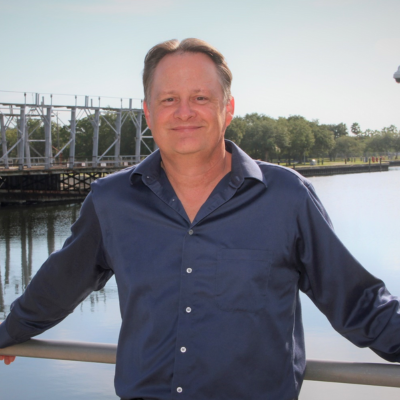
January 28, 2025
An Overview of Florida Atlantic University’s Harbor Branch Oceanographic Institute: Current Research and Future Priorities
FAU’s Harbor Branch Oceanographic Institute has been in operation for over 50 years and is a leader in conservation, marine biomedical science, aquaculture, and marine technology. Learn about Harbor Branch’s research programs, including efforts to improve Florida’s water quality.
Presented by Dr. James Sullivan, Executive Director, FAU Harbor Branch Oceanographic Institute
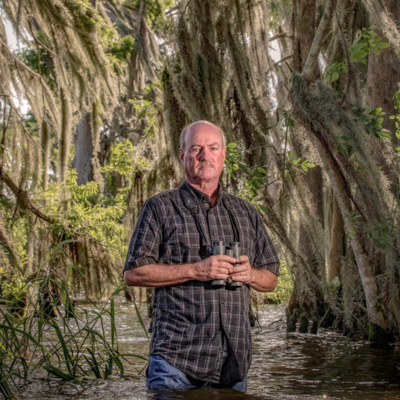
February 4, 2025
Lake Okeechobee: What is it? Why is it?
Lake Okeechobee, the liquid heart of the Everglades, is a dazzling ecosystem and a polluted mess, all at the same time. Wade in to learn about the history of the lake, the degradation it’s experienced in modern times, and what is needed to bring the lake and its associated wetlands back to health.
Presented by Dr. Paul Gray, Science Coordinator for Everglades Restoration, Audubon Florida
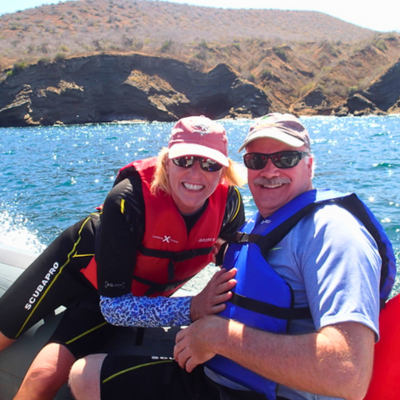
February 11, 2025
Megalodons, Mermaids, and Climate Change: Combating Misinformation about the Ocean, Weather, and Climate Change
Based on the book “Megalodons, Mermaids, and Climate Change,” this talk takes an entertaining look at frequently asked weird and wacky questions about the environment with the goal of combatting misinformation through accurate science in an easily digestible and humorous format.
Presented by Dr. Ellen Prager, Internationally Recognized Marine Scientist and Author Dave Jones, Meteorologist and Author

February 18, 2025
Landscape Conservation: The Best Hope for the Indian River Lagoon
The ecological health of the Indian River Lagoon has been declining for decades as a result of nutrient pollution, algae blooms, and habitat loss. Find out how a more holistic approach to resource management – Landscape Conservation – may be the answer to the Indian River Lagoon’s ailing health.
Presented by Dr. Aaron Adams, Director of Science and Conservation, Bonefish & Tarpon Trust
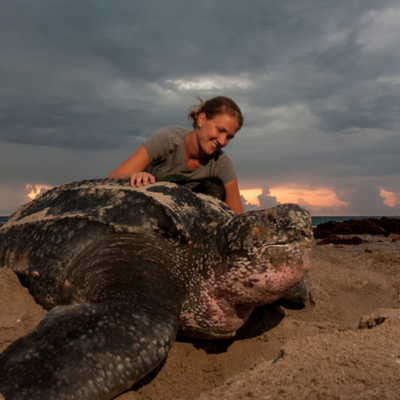
February 25, 2025
Florida’s Living Dinosaurs: Monitoring Florida’s Endangered Leatherback Sea Turtles
Leatherback sea turtles, the largest of Earth’s turtles, return to the beaches of southeast Florida each spring to nest. Discover the cutting-edge leatherback sea turtle research that’s being carried out under the cover of darkness on local beaches by biologists with Florida Leatherbacks, Inc.
Presented by Kelly Martin, President, Florida Leatherbacks, Inc.
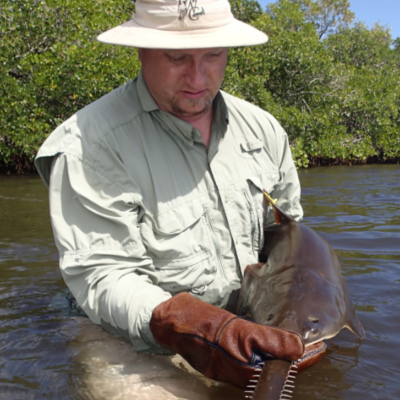
March 4, 2025
The Last Stronghold: Endangered Smalltooth Sawfish in Florida
South Florida’s coastal waters are an important refuge for a rare fish that looks like a shark with a hedge trimmer attached to its face. Dive in to learn about the endangered smalltooth sawfish and what’s being done to promote the recovery of this unique species in the Indian River Lagoon and beyond.
Presented by Dr. Gregg Poulakis, Fish Biologist, Florida Fish and Wildlife Conservation Commission
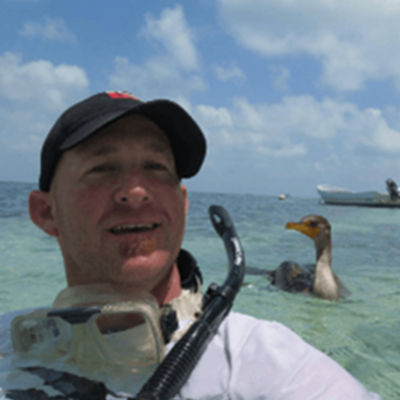
March 11, 2025
A Forgotten Kinship: The Role of Seabirds in Maritime Cultures, Ocean Exploration, and Marine Conservation
Seabird populations dropped 70% over the past 60 years due to factors such as invasive species, unsustainable fisheries, and pollution. Explore the ecological importance of seabirds from coral reefs to mountain tops, their role in maritime cultures, and efforts to conserve and protect seabird populations.
Presented by Dr. Sea McKeon, Marine Program Director, American Bird Conservancy
